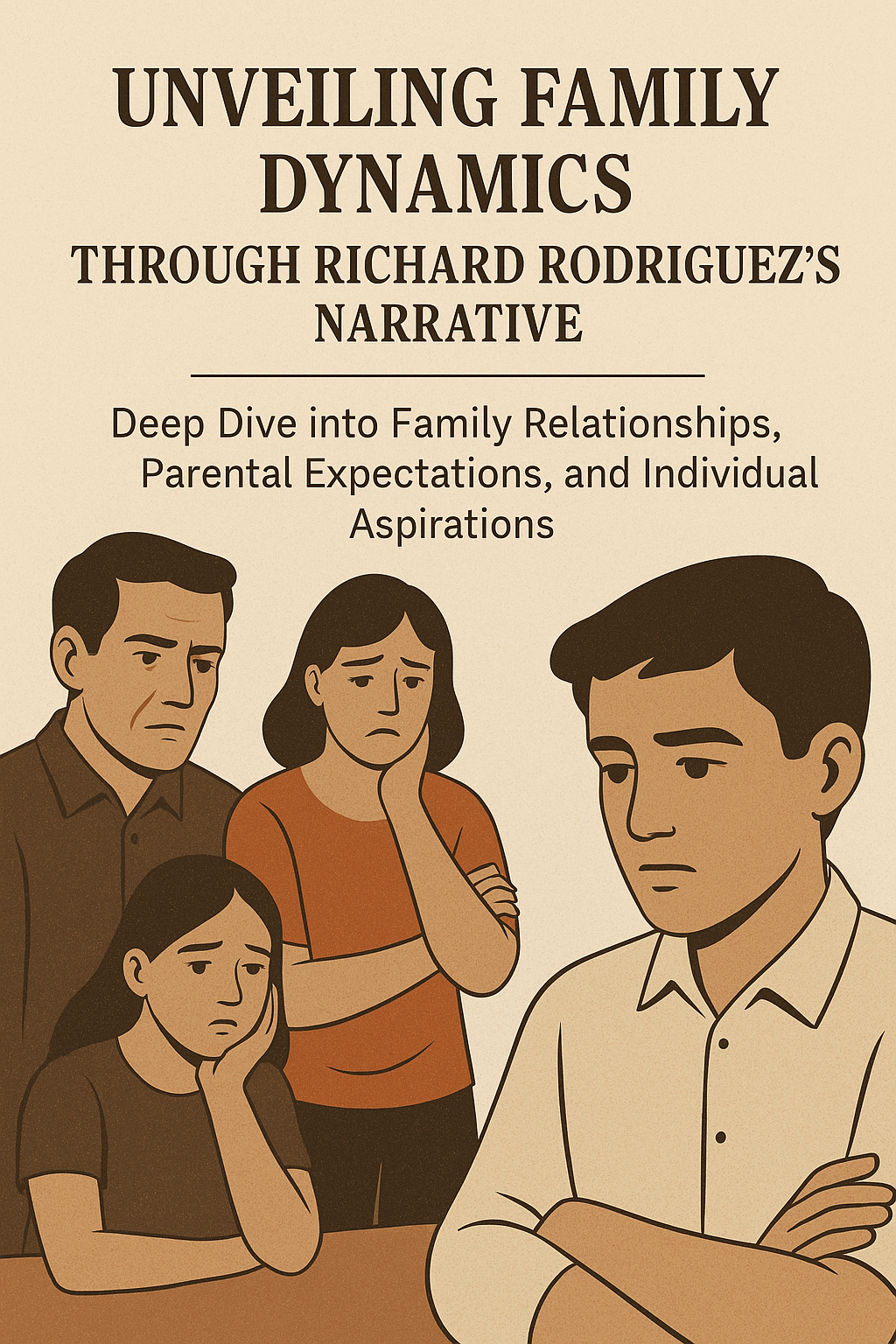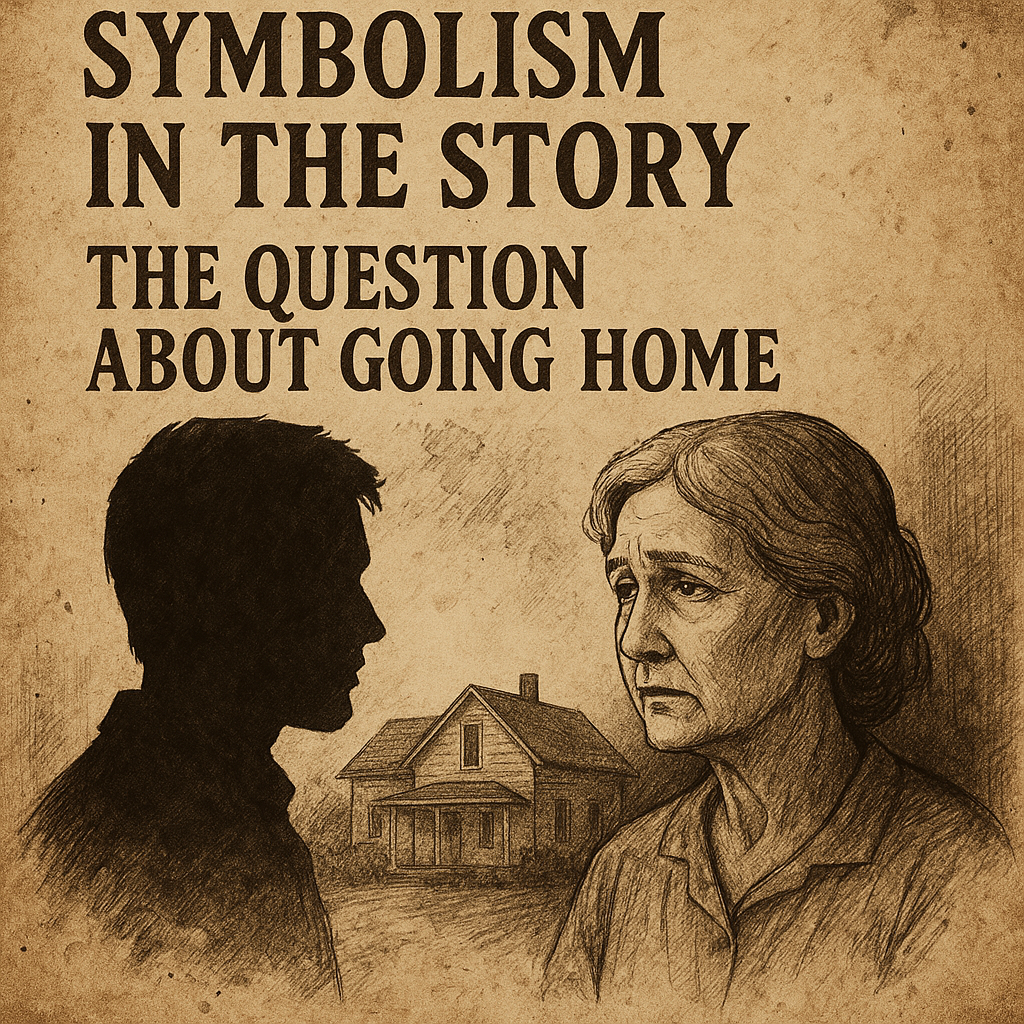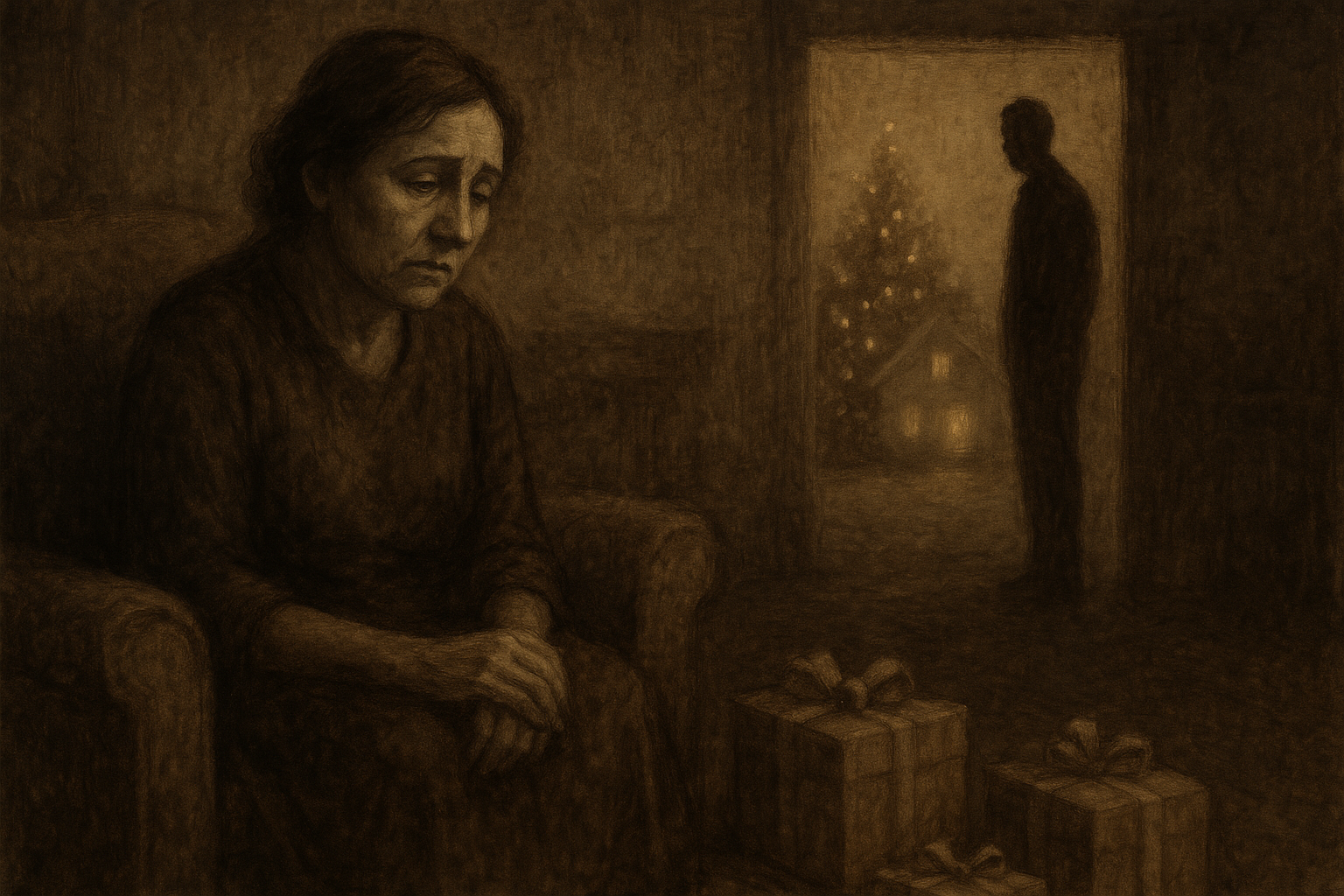Deep Dive into Family Relationships, Parental Expectations, and Individual Aspirations
Welcome to our comprehensive series that delves into the intricate web of family relationships, parental expectations, and individual aspirations as portrayed in Richard Rodriguez’s poignant narrative. This series aims to offer a deep understanding of the emotional complexities within familial bonds, exploring the universal themes of love, disappointment, growth, and self-discovery. Through Rodriguez’s masterful storytelling, we uncover the silent struggles and unspoken hopes that shape family dynamics, providing readers with a reflective and empathetic perspective on the journey from childhood to adulthood.
Why You Should Follow This Series
This series is designed for readers who are interested in exploring the rich emotional landscapes of family life. Whether you are a parent, a child, or someone interested in the universal themes of human relationships, this series offers valuable insights into the powerful influence of parental aspirations and the personal quest for identity and fulfillment. By following this series, you will gain a deeper appreciation for the delicate balance between familial obligations and individual dreams, and how these elements interplay to shape our lives.
Overview of the Series
Section 1: “A Mother’s Desire for Her Children to Have Better Lives”
In this section, we explore the inherent maternal aspiration for children’s success and well-being. Rodriguez’s narrative sheds light on the depth and complexity of these desires, illustrating how they are deeply rooted in love, care, and the sacrifices mothers make. We examine the emotional complexities and pressures that arise from balancing these expectations with individual aspirations, offering a nuanced understanding of the powerful force of maternal love within families.
Section 2: “Rodriguez’s Mother’s Depressed State and Disappointment”
This section delves into the emotional state of Rodriguez’s mother, highlighting her underlying sadness and disappointment. Through careful narrative clues and symbolic elements, Rodriguez paints a vivid picture of his mother’s inner turmoil. We analyze the impact of her perceived failures and unmet expectations on family dynamics, revealing the profound emotional burden carried by both parents and children.
Section 3: “Symbolism in the Story: The Question About Going Home”
In this section, we decode the symbolic significance of the mother’s query about Richard going home. This seemingly simple question encapsulates her deep concern about his future and readiness to assume adult responsibilities. We explore how this symbolism reflects broader themes of adult responsibilities and familial obligations, providing a rich, layered understanding of the pressures associated with transitioning to adulthood.
Section 4: “Richard’s Realization of His Mother’s Concerns About His Future and Adulthood”
The section focuses on Richard Rodriguez’s growing realization of his mother’s concerns about his future and his journey towards maturity. We reflect on his acknowledgment of her disappointment, the emotional weight it carries, and its implications for understanding family dynamics. This section offers a profound exploration of the challenges of balancing personal aspirations with parental expectations and the path to personal growth and self-acceptance.
Join us as we embark on this insightful journey through Richard Rodriguez’s narrative, uncovering the deep emotional currents that define family relationships and the universal quest for identity and fulfillment.





Leave a Reply